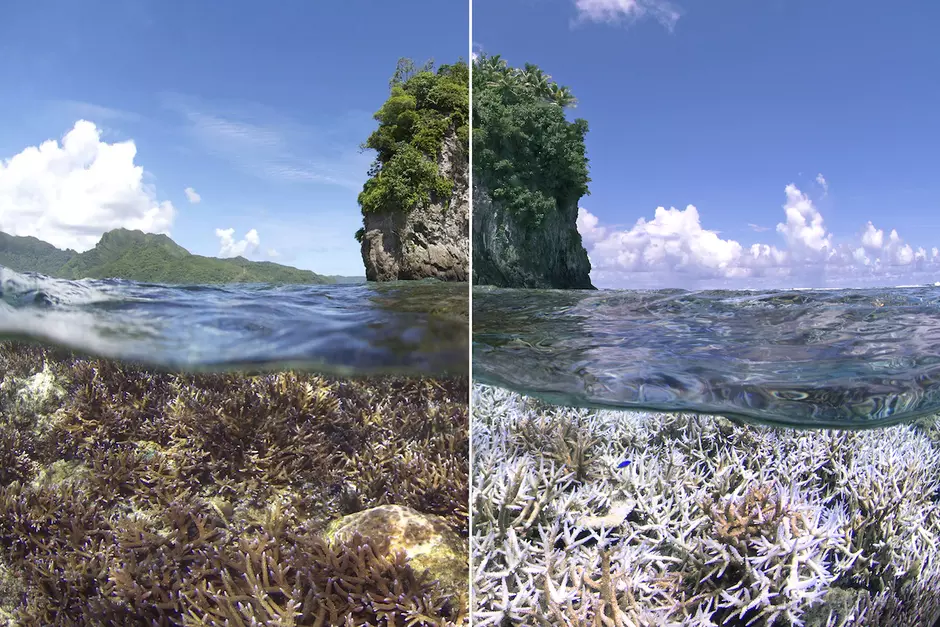
Environment and biodiversity
- Location:
Oceanic regions - Sponsor:
Mathilde Nithart - Grants:
30,000 € by the 06/04/2022 Selection Committee
20,000 € by the 18/10/2023 Selection Committee
Project leader
Photo © FPA2
The ocean absorbs more than a quarter of the CO2 emitted by human activities, but it pays a price: it warms, loses oxygen and becomes more acidic. The addition of alkaline minerals - alkalinisation - is one way to compensate for acidification and its effects on marine ecosystems. Several actors are working to assess the value of this potential solution.
Partners since 2015, the Albert II of Monaco Foundation (FPA2) and the Veolia Foundation share a historic interest in the ocean. Present on 70% of the Earth's surface, the ocean plays an essential role in regulating the global climate. It mitigates ongoing climate change by absorbing more than a quarter of the carbon dioxide (CO2) emitted by human activities. But as the ocean absorbs this CO2, its chemistry is disrupted: the seawater warms and loses oxygen. This process is known as acidification, a phenomenon that has a serious impact on marine organisms and ecosystems.
To remedy this ocean acidification, several solutions are being studied. Alkalinisation, for example, consists of adding alkaline minerals (antacids) to the water to increase the absorption of CO2. In concrete terms, alkaline rocks such as limestone could be used to create lime, which would then be poured directly into the ocean in powder form ('ocean liming'). Another approach is based on electrolysis: the reaction of seawater with alkaline minerals before releasing the alkaline solution into the ocean.
The chemical process of alkalinisation has been mastered, but there are still many question marks over the feasibility, cost and potential impacts on marine life. The initiative "Ocean Acidification and other ocean Changes - Impacts and solutions" (OACIS), launched by the FPA2, should provide answers. This call for research projects aims to improve our understanding of the biological and ecological impacts of ocean alkalinisation in order to inform scientific and political decisions. It addresses all oceanographic regions, including the Mediterranean and Arctic Oceans.
The scientific community and IPCC researchers will be the direct beneficiaries of the research supported through OACIS. Expert workshops and round tables will provide an opportunity to summarise the latest scientific advances in this initiative, which is supported, in addition to the Veolia and FPA2 foundations, by the Villefranche-sur-Mer oceanographic laboratory, the International Union for Conservation of Nature (IUCN) and the Institute for Sustainable Development and International Relations (Iddri).
Scientific publications, coordinated by Dr. Jean-Pierre Gattuso, Director of Research at the Laboratoire d'Océanographie de Villefranche, CNRS, and Sorbonne University, will report on the results.

